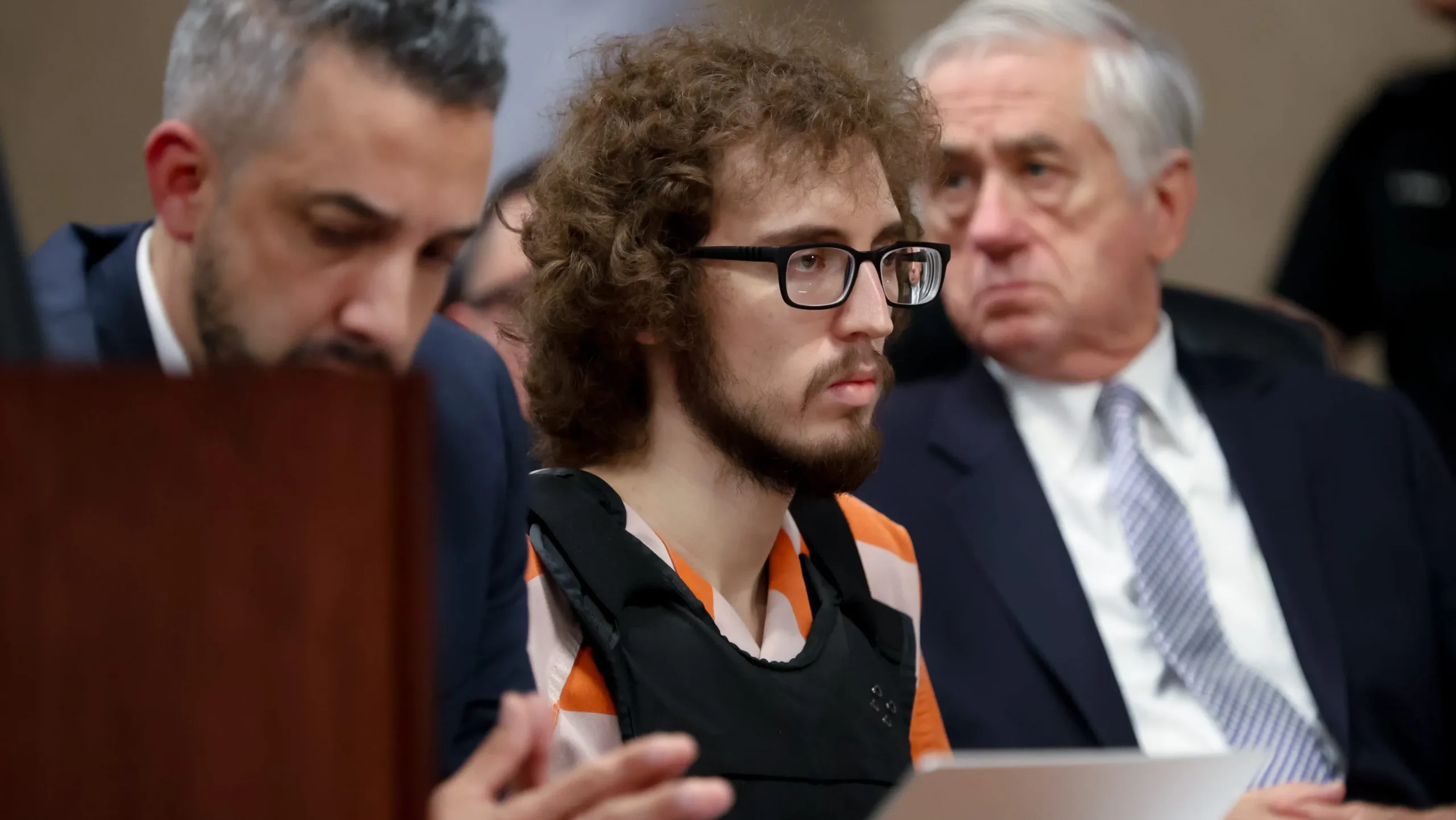“`markdown
El Paso Shooter Patrick Crusius Avoids Death Penalty: What This Means for Victims’ Families
In a significant development regarding the tragic El Paso Walmart shooting, Patrick Crusius, the gunman responsible for the 2019 attack that claimed 23 lives and injured 22 others, will not face the death penalty. This decision was announced by El Paso County District Attorney James Montoya, who cited a plea deal that aims to expedite the legal process while considering the wishes of victims’ families. The ramifications of this decision are profound, stirring emotions and debates within the community and beyond.
Background of the Case
On August 3, 2019, Crusius, then 21 years old, drove over 700 miles from his home in Allen, Texas, to target Hispanic shoppers at a Walmart in El Paso. His attack was fueled by a racist ideology, which he articulated in a manifesto that claimed he was defending his country from a “Hispanic invasion.” The shooting was one of the deadliest mass shootings in U.S. history, highlighting the urgent issues of gun violence and hate crimes in the nation.
In the wake of the shooting, Crusius faced both state and federal charges. In July 2023, he was sentenced to 90 consecutive life sentences in federal court, following a decision by federal prosecutors not to pursue the death penalty. However, the state case remained pending until Montoya’s recent announcement.
The Decision Against the Death Penalty
Montoya’s decision to forgo the death penalty was influenced by consultations with victims’ families, many of whom expressed a desire for closure over a prolonged legal battle. “This was not a decision that was reached lightly or hastily,” Montoya stated at a news conference. He emphasized that pursuing the death penalty would have extended the case for several more years, delaying justice for the families.
The plea deal will likely result in a life sentence without the possibility of parole, allowing for a quicker resolution to a case that has dragged on for nearly six years. Montoya, who took office in January 2025, had campaigned on a platform that included seeking the death penalty but ultimately prioritized the wishes of the victims’ families.
Mixed Reactions from Victims’ Families
The response from victims’ families has been mixed. Some families supported the plea deal, appreciating the potential for a faster resolution. Others, however, feel that the decision denies them justice, arguing that Crusius deserves to face a jury for his crimes. This division reflects the broader complexities surrounding the issue of capital punishment in the U.S., particularly in high-profile mass shooting cases.
Governor Greg Abbott expressed disappointment over the decision, stating that he believed Crusius deserved the death penalty. This sentiment underscores the ongoing political divisions regarding capital punishment, with many advocating for its use in cases of extreme violence.
The Broader Implications
The decision not to pursue the death penalty also reflects a broader trend in the U.S., where the number of death sentences and executions has significantly decreased in recent years. This case has reignited discussions about the effectiveness and morality of the death penalty, particularly in light of Crusius’s mental health issues, which were acknowledged by prosecutors. His diagnosis of schizoaffective disorder may have played a role in the decision to avoid the death penalty, raising questions about the intersection of mental health, hate crimes, and the criminal justice system.
As the upcoming plea hearing approaches, victims’ families will have the opportunity to share their impact statements, providing a platform for their voices in the judicial process. This moment is crucial for many families, as it offers a chance to express their grief and seek some form of closure.
Conclusion
The plea deal offered to Patrick Crusius, sparing him from the death penalty, has sparked a complex dialogue about justice, closure, and the moral implications of capital punishment. While some families of the victims may find solace in the resolution of the case, others continue to grapple with feelings of injustice. As this case unfolds, it may set a precedent for how similar cases are handled in the future, particularly regarding the death penalty and plea bargains. The El Paso community remains vigilant, seeking justice and healing in the aftermath of an unimaginable tragedy.
As the nation watches, the outcome of this case will undoubtedly influence future discussions on gun violence, hate crimes, and the efficacy of the criminal justice system in addressing such heinous acts.
[For more updates on this developing story, stay tuned to local news sources and community discussions.]
“`






Leave a Comment